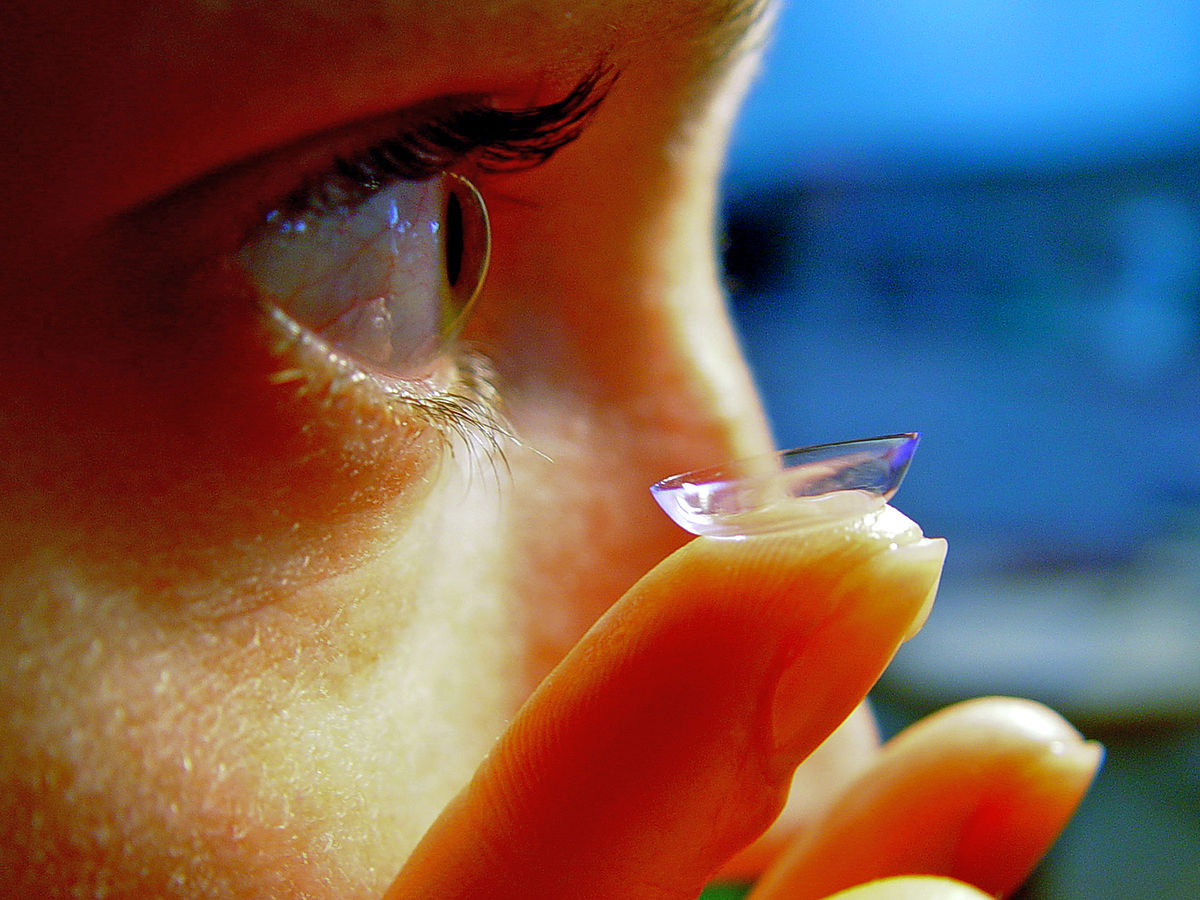Popular contact lenses, like the 1-Day Acuvue Moist brand, can be an incredible asset for many people who need vision correction. These small lenses can make it possible for people to see clearly without worrying about bulky glasses, but that does not mean they are without their own potential complications. When patients begin to wear contact lenses, they should familiarize themselves with common potential problems so that they can take action should any of these issues arise.
Uncomfortable lenses
If a person finds that the lenses are uncomfortable, they should consider a few different potential culprits. If they have used this brand and style before without a problem, then it is possible that one of the current lenses is defective. On the other hand, if the brand or style is new, then it is possible that the design used for that lens is not a good fit for the patient. It may be a good idea to experiment with other types of lenses, such as long term versus short term lenses, to find the type of lens that feels best for a particular patent. Some patients might find that lenses such as a 1-Day Acuvue Moist is the best fit for them. Others might need a different brand or a lens designed for longer use.
Of course, discomfort problems can also be caused by irritation or an eye infection, so always look at all the symptoms being experienced.
Eye infections
There are a few different types of infections that are relatively common for contact lens wearers. This would include a corneal ulcer, one of the most frequently seen infections. In a corneal ulcer, bacteria—or sometimes a fungus or parasite, causes an infection on the surface of the cornea. This can be cause by wearing lenses too long, not cleaning them properly or wearing lenses that are too tight. With this infection, the eye will become red and painful. Some patients also experience eye discharge and light sensitivity. See an ophthalmologist immediately should any of these symptoms be experienced.
Contact lens allergy
Sometimes patients might develop an allergy to their contacts. The actual reaction may be to the lens material, deposits on the lens or the contact solution. An allergy to the preservative in the contact lens solution is one of the most commonly seen allergies. If a person develops an allergy, they will see symptoms such as red eyes, itching and eye discharge. These symptoms will generally develop when the lens is first inserted. If the allergy is for the contact solution, then they will also be experienced when the patient puts in rewetting drops. If the allergy is to the drops, there are sensitive eye solutions available that can help alleviate the problem. If the allergy is to something else, such as the lens material, speak with the ophthalmologist and try a new brand.
Continued vision problems
Much to the disappointment of many patients, not everyone can put in a pair of contacts and find that their vision has been corrected. This is particularly true for those who need bifocals or have an astigmatism. Patients who put in their lenses and do not see the expected improvement should speak with their eye doctor. They might be able to offer a different solution, such as hard lenses over soft ones that can help improve the patient’s vision.
Contact lenses offer many incredible benefits for those who need vision correction, but that does not mean they do not have any complications or problems. It is important for patients to be familiar with potential problems so that they know how to handle them and when to seek help. Of course, patients who have any questions about their 1-Day Acuvue Moist lens, or any other type of lens, should speak with their ophthalmologist.



